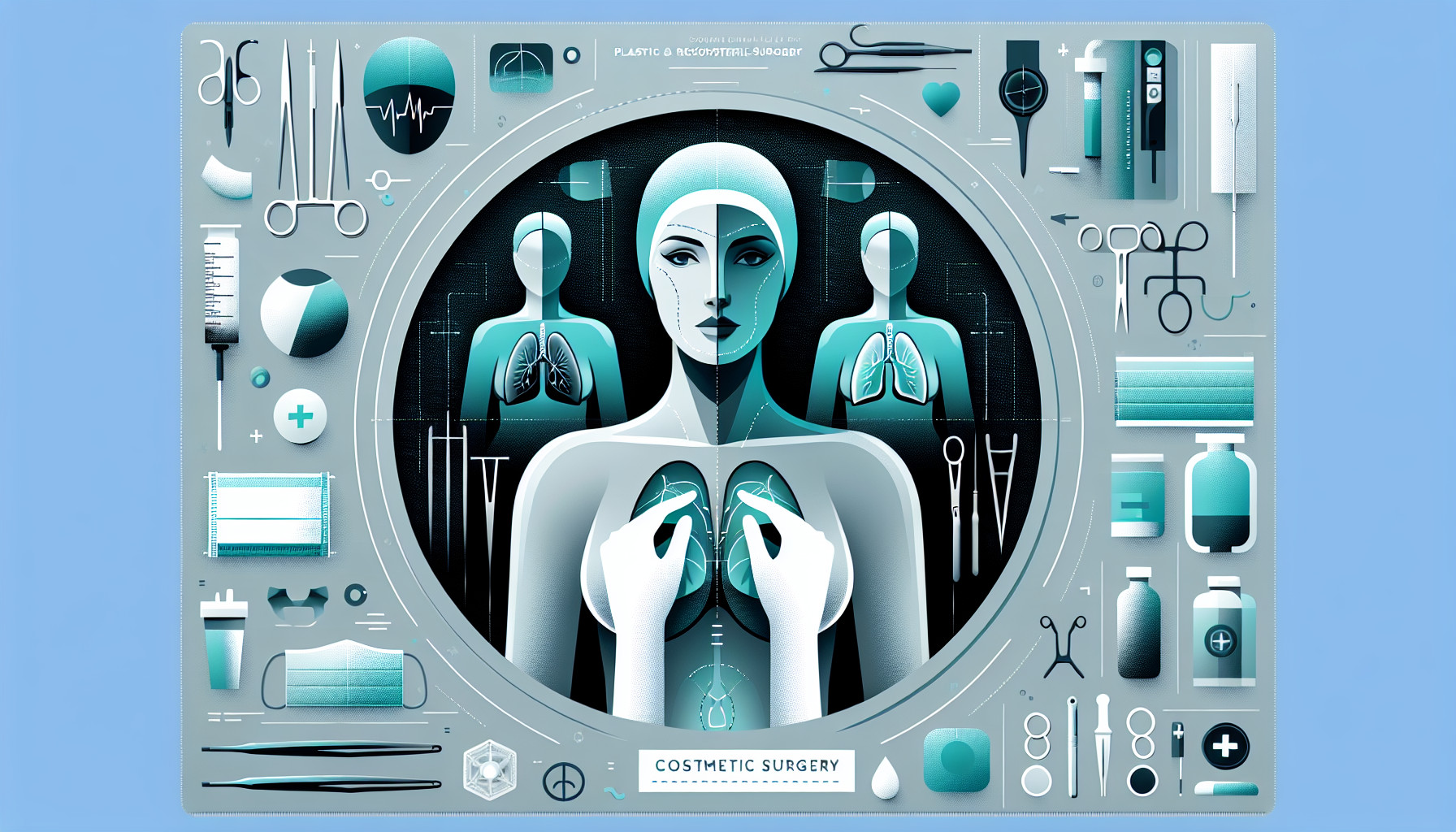Our Summary
This research paper compares how often doctors who are certified by the American Board of Plastic Surgery (ABPS) and the American Board of Cosmetic Surgery (ABCS) get punished by their respective state medical boards. The ABPS is recognized by the American Board of Medical Specialties, while the ABCS is not.
The researchers found that doctors certified by the ABCS are punished more often than those certified by the ABPS. They also found that ABCS-certified doctors received more public warnings. The researchers suggest that this information should be made public so that patients can make informed decisions about their care. They also believe that more research should be done to understand why ABCS-certified doctors are punished more often.
FAQs
- What was the key finding of the research paper on doctors certified by the American Board of Plastic Surgery (ABPS) and the American Board of Cosmetic Surgery (ABCS)?
- Are doctors certified by the ABCS punished more often than those certified by the ABPS?
- Why do researchers believe that more studies should be conducted on ABCS-certified doctors?
Doctor’s Tip
One tip a doctor might tell a patient about cosmetic surgery is to thoroughly research and choose a board-certified plastic surgeon who is certified by reputable organizations such as the American Board of Plastic Surgery (ABPS). This can help ensure that the surgeon has undergone rigorous training and meets high standards of safety and quality in performing cosmetic procedures.
Suitable For
Patients who are considering cosmetic surgery are typically recommended to consult with a board-certified plastic surgeon or cosmetic surgeon. These patients may be seeking procedures such as breast augmentation, liposuction, rhinoplasty, facelifts, or non-invasive treatments like Botox or fillers.
Patients who have realistic expectations, are in good overall health, and have a positive attitude towards the procedure are generally good candidates for cosmetic surgery. It is important for patients to have a thorough consultation with their surgeon to discuss their goals, potential risks and complications, and expected outcomes.
Patients who are not good candidates for cosmetic surgery may include those with unrealistic expectations, underlying medical conditions that may increase the risk of complications, or those who are not emotionally prepared for the changes that come with cosmetic surgery. It is important for patients to have a clear understanding of the potential risks and benefits of the procedure before making a decision.
Timeline
Consultation: Before undergoing cosmetic surgery, a patient typically schedules a consultation with a plastic surgeon to discuss their desired procedures, expectations, and any potential risks or complications.
Pre-operative preparation: Leading up to the surgery, the patient may need to undergo various pre-operative tests and evaluations to ensure they are healthy enough for the procedure. They may also be advised to stop taking certain medications or make lifestyle changes.
Surgery: On the day of the surgery, the patient will undergo the cosmetic procedure under anesthesia. The length and complexity of the surgery will vary depending on the specific procedures being performed.
Recovery: After the surgery, the patient will need to follow post-operative instructions provided by their surgeon, including taking prescribed medications, attending follow-up appointments, and avoiding strenuous activities.
Results: Over time, the patient will start to see the results of their cosmetic surgery as swelling and bruising subside. It may take several weeks to months for the final results to fully manifest.
Follow-up care: Regular follow-up appointments with the surgeon are essential to monitor the healing process, address any concerns or complications, and ensure the best possible outcome.
Long-term maintenance: Depending on the type of cosmetic surgery performed, the patient may need to maintain their results through lifestyle changes, skincare routines, or additional procedures in the future.
Overall, the patient’s experience before and after cosmetic surgery involves careful planning, preparation, and ongoing care to achieve the desired results and ensure a safe and successful outcome.
What to Ask Your Doctor
Some questions a patient should ask their doctor about cosmetic surgery include:
- Are you board certified by the American Board of Plastic Surgery (ABPS) or the American Board of Cosmetic Surgery (ABCS)?
- Have you ever been disciplined by your state medical board? If so, for what reasons?
- How many cosmetic surgeries have you performed, and what is your success rate?
- What are the potential risks and complications associated with the procedure I am considering?
- What is the recovery process like, and what steps can I take to ensure a successful outcome?
- Can you provide before and after photos of previous patients who have undergone the same procedure?
- What are your qualifications and experience in performing this specific procedure?
- What anesthesia will be used during the procedure, and who will administer it?
- What is the cost of the procedure, and are there any financing options available?
- How long will the results of the surgery last, and are there any maintenance procedures needed in the future?
By asking these questions, patients can make informed decisions about their cosmetic surgery and ensure they are choosing a qualified and experienced surgeon.
Reference
Authors: Gabrick K, Makhoul AT, Riccelli V, Perdikis G, Janis JE, Drolet BC. Journal: Plast Reconstr Surg. 2022 Sep 1;150(3):713-717. doi: 10.1097/PRS.0000000000009443. Epub 2022 Jul 13. PMID: 35819983
